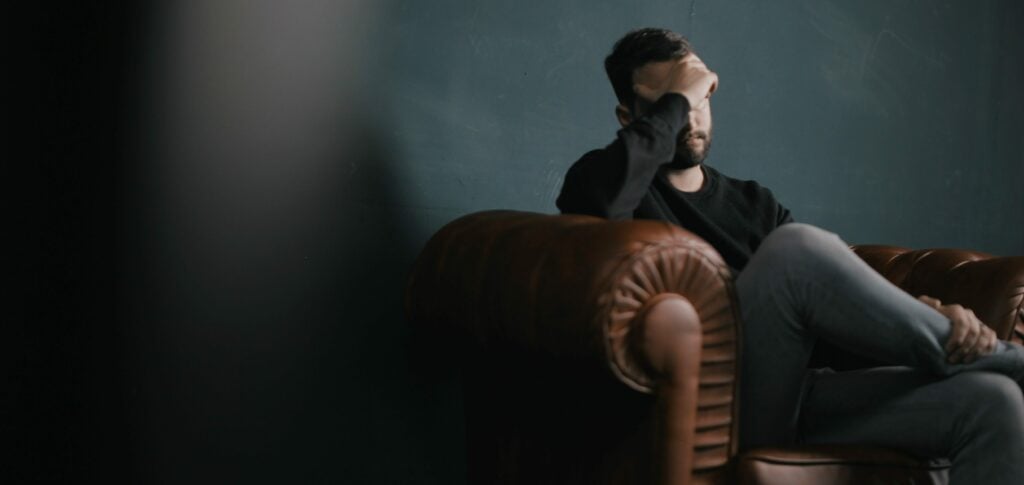The need to maintain physical distancing and the reduction in face-to-face activities have negatively affected the mental health of young people, who often depend on social contact to feel connected and belong to a group.
ADVERTISING

“There is not a single region, language group or country where the decline in mental well-being in successively younger generations is not apparent. This translates into a dramatic increase in the percentage of each younger generation who are mentally distressed or struggling at a level that qualifies as clinical in nature or requiring professional help,” the international study points out.
At the clinic of psychologist Mariana Azevedo, a specialist in mental health and chemical dependency, there was a significant increase in the number of services provided to children and adolescents, which is why it was necessary to provide training to serve this population.
“The pandemic has increased the number of visits to young people with mental disorders, including depression and anxiety. Furthermore, the lack of social contact, isolation and uncertainty about the future are among the factors that most contribute to the worsening of this situation”, points out Mariana Azevedo.
ADVERTISING
The psychologist identified a curious phenomenon among young people: the need to symbolize existential anxieties and frustrations on the body through tattoos.
“We notice this increase in attempts to alleviate discomfort, anguish, discomfort, through the body, through tattoos”, he explains.
The pandemic also brought significant changes to the way young people interact
Times of isolation have changed the way these young people interact socially, especially after being deprived of the school environment due to social isolation.
ADVERTISING
“One of the things that marks adolescence is this separation from the family nucleus for a constitution of the subject. And in this context, the interaction between young people that took place at school ceased to exist due to restrictions and social isolation”, he explains.
Alcohol and drug abuse
According to psychologist Mariana Azevedo, there is a dramatic increase in the percentage of each younger generation who are mentally distressed and seek refuge in alcohol and drugs.
“With this new scenario, some patients began to have access to psychiatric medications and abuse these substances. For example, there was a significant increase in the use of Ritalin”, says the psychologist.
ADVERTISING
The excess of freedom and access to information created a counterpoint between liberal families and others that were more closed and dogmatic.
“What I observed that happened during the pandemic is that the coexistence of these very dogmatic families was literally maddening”, says Mariana Azevedo.
Lack of treatment harmed those who were already experiencing disorders
Those who were already dealing with mental disorders before the pandemic had their condition worsened by the lack of access to adequate mental health treatments.
ADVERTISING
Despite the worrying situation, the psychologist highlights a positive aspect of this pandemic, which was the reduction in prejudice against therapy and other processes of self-knowledge.
“Many people started to seek therapy to have quality of life. And now they can talk about what they feel, about their experiences, without it having to be 'confessed'. They end up relying on this to allow themselves to talk about something that caused discomfort, for example”, he adds.
(Source: Agência Brasil)
See also:




